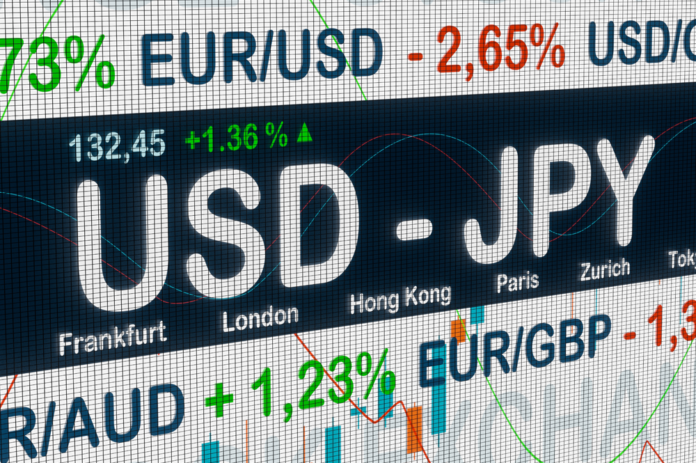The U.S. dollar retreated on Wednesday in the wake of the latest reports on U.S. economic activity, which stoked concerns about a possible sharp economic slowdown, a so-called hard landing, ahead of the jobs report due on Friday.
Dollar Traders Uneasy Ahead of Jobs Report
On Tuesday, the ISM report on U.S. economic activity came in lower than expected, increasing uncertainty about a possible economic slowdown in the world’s largest economy. The data triggered a sharp sell-off on Wall Street, adding to traders’ concerns ahead of Friday’s release of crucial monthly payrolls data.
As a result, the dollar, a traditional safe-haven currency, rallied to a two-week high against the euro. The move was due to concerns about the implications of the data for Federal Reserve policymakers, who meet at the end of the month.
Markets expect a possible 25 basis point cut at the next Fed meeting, scheduled for September 17-18. However, weak labor market data could significantly increase the likelihood of a more aggressive 50 basis point cut, which could have a negative impact on the dollar.
Euro Moves Away from Two-Week Lows
EUR/USD rose 0.1% to 1.1056 after falling 0.2% on Tuesday and touching its lowest level in two weeks amid a massive sell-off in risk assets.
Data released earlier in the session showed that eurozone manufacturing activity remained in contraction territory in August, while activity in the services sector also disappointed early Wednesday, although it remained in expansion territory.
“We continue to expect EUR/USD to hold above 1.1000 until Friday’s US services ISM and payrolls data are released. If our forecasts for a weaker payrolls data are confirmed, we could see the pair bounce above 1.110 towards the end of the week,” analysts at ING (INGA) said in a note.
GBP/USD was up 0.1% at 1.3125, following a 0.2% decline overnight.
Sterling posted a solid August, up more than 2%, helped by expectations that the Bank of England will keep interest rates higher for longer relative to the U.S. and eurozone.
The Yen Appreciated Due to Its Safe-Haven Status
In Asia, USD/JPY eased 0.6% to 145.20, with the Japanese yen recovering as a safe haven after the sharp fall on Wall Street and considerable losses on Asian bourses.
Meanwhile, the USD/CNY pair posted a 0.1% devaluation to 7.1138 in reaction to slowing growth in China’s services sector in August, a private sector survey released on Wednesday showed.
The Caixin/S&P Global Services Purchasing Managers’ Index fell from 52.1 in July to 51.6 in August.



